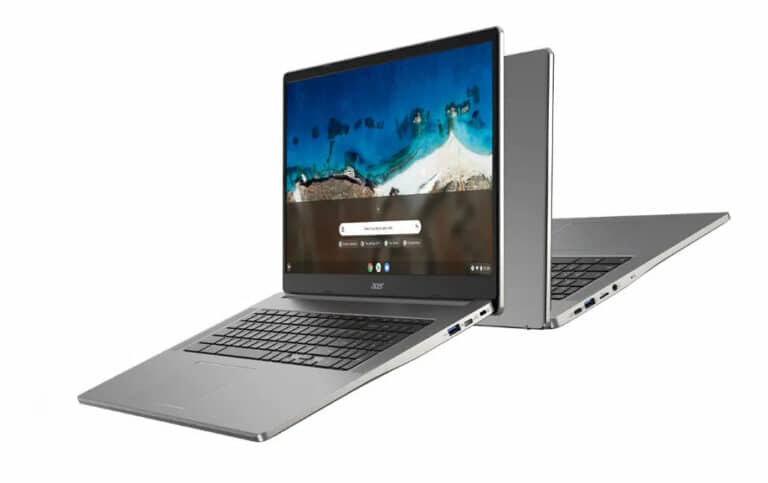According to a recent report by Reuters, Acer claimed to have sold a “limited number of displays and accessories” for civilian use. This contradicts its earlier commitment to cease operations in Russia.
In April 2022, Acer and other tech giants like HP, Microsoft, and Nvidia indefinitely halted business operations in Russia. At the time, Acer’s statement emphasized compliance with international trade laws and the company’s vigilance in monitoring the conflict.
However, it appears that Acer continued selling monitors to Russia. They allegedly did so through delivery services facilitated by its Swiss subsidiary, Acer Sales International SA.
Acer’s subsidiary and Russia’s Ministry of Industry and Trade are silent
Meanwhile, Switzerland’s State Secretariat for Economic Affairs declined to comment. Acer’s Russian arm stated that “nothing has changed” since the company’s initial announcement.
Reuters’s review of customer records showed that Acer sold over $70.4 million of computer hardware in Russia between April 2022 and March 2023. Though it is representative of a decline in business in comparison to previous years, it is still significantly higher than many would have expected.
While Acer claimed to have only shipped consumer-use screens and accessories, an anonymous source familiar with the shipments disputed this. They asserted that laptops and computer monitors were indeed still being sent to Russia.
Acer says its sales complied with international sanctions measures
The exports reportedly originated from Switzerland, which adopted European Union sanctions against Russia. However, according to Reuters, Acer’s ability to send computers to Russia through Switzerland ceased on December 16, 2022.
The report did not find evidence of Acer exporting goods to Russia from Taipei. Furthermore, Taiwan’s Economy Ministry confirmed that the country has no customs records of such exports.
The revelation of Acer’s continued sales to Russia has triggered a backlash on social media, with customers expressing disappointment and questioning the company’s integrity.
Also read: Seagate forced to pay $300 million after supplying HDDs to Huawei
